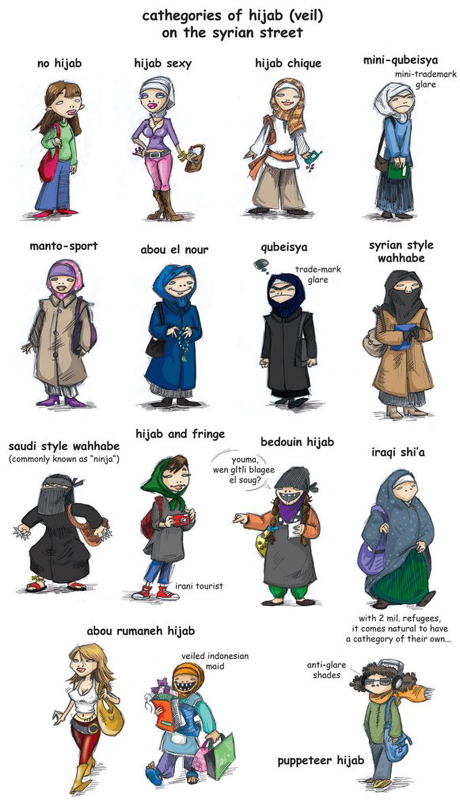The question of feminism in the space of race and religion is one that can often be divisive, particularly given the history of the word ‘feminism’ and the connotations it presents.
A recent post by an Aboriginal Feminist titled "Aboriginal Feminism – So what does this entail?” highlighted some of these difficulties translating ‘western’ feminism to the Aboriginal - and by extension, culturally diverse - space. For example, she cited the use of the didgeridoo.
"One such example I can think of are the constant questions we get about women playing the didgeridoo. It is considered culturally inappropriate for women to play this instrument which is commonly interpreted by mainstream feminism as sexist. However, black women don't tend interpret it this way, rather it is seen as “men's business” and therefore a respected part of culture.”
She continues by illustrating something I have found difficult to articulate without sounding exclusionary myself.
"If it were an issue, it would be an issue for black women to challenge. White women challenging this would not only come across as an act of imperialism, it would also severely diminish our right as black women to enact change within our own communities.”
Indeed.
This may be part of the reason why the concept of feminism is so divisive and polarising in communities, such as for example, the Muslim community that I am familiar with. At times, the very act of mentioning feminism immediately sidelines you from being a participant in the discussion. It is assumed you then embody the value system of ‘Western Feminism’, a concept disparaged and associated with man-hating, bra-burning and a rejection of any traditional role and expectation in society.
Unfortunately at times, the world of western feminism seems to reinforce these perceptions. A classic example is that of Femen, a group who claim fight patriarchy in its manifestations in religion, and to speak on behalf of ‘oppressed Muslim women’ among other things.
To be fairly frank, I don’t get it. However, as a covered Muslim woman, I don’t think I was ever going to ‘get’ protesting through toplessness. More critically however, by deciding that wearing the hijab was oppressive and actively fighting against it, two things happen:
1. The perspectives, beliefs and norms of those whose right they are claiming to protect are actually ignored, and
2. The right of Muslim women to fight for their rights is undermined.
There is no doubt that there are oppressed Muslim women around the world, but there seems to be a lack of nuance as to how to fight that oppression. This arises from a lack of understanding of the cultures in which these women operate.
If the very act of fighting FOR someone silences the very person that is meant to be liberated…should it be done at all? Personally, I feel that groups like FEMEN do more damage to Muslim women who chose to wear the hijab and follow the religion in their own ways than it does to help those who are oppressed through its misinterpretation.
The question then is this: how do we talk about feminism in a space that respects the diversity of races and religions as well as the norms and beliefs they expect and demand?
A tougher nut to crack indeed.
What do you think?
Is feminism even really a word that we, as culturally and linguistically diverse women, use without being tainted and rejected by our communities?



 A small incident occurred in my life a couple of weeks ago that I had trouble processing.
A small incident occurred in my life a couple of weeks ago that I had trouble processing.

